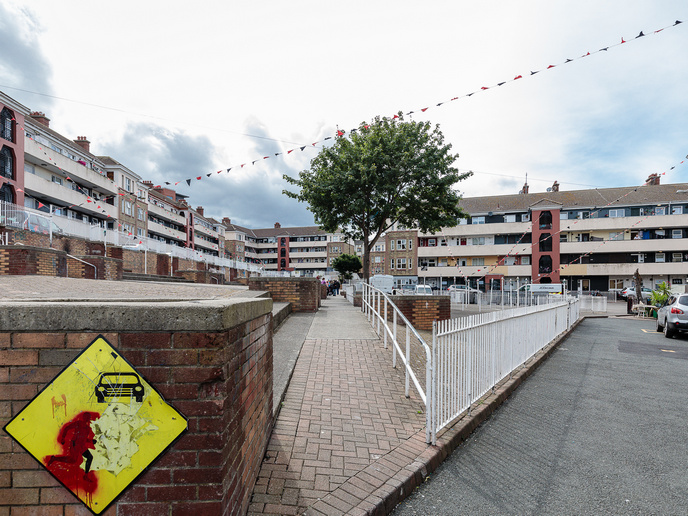Care, health and housing: Foundations for future cities
The financialisation of social housing (FSH) in European cities is a key issue for the EU urban cohesion agenda, yet a complex one given its different socio-political contexts and welfare regimes. With the support of the Marie Skłodowska-Curie Actions programme(opens in new window), the CITY-OF-CARE project studied the impact of inadequate housing as a human rights issue and the role of women-led caring networks in enhancing social capital.
Researching diverse EU welfare systems
The research was conducted through a comparative and mixed-methods approach in the two European cities of Milan and Dublin. These two case studies were selected through a purposeful sampling strategy to ensure that they are rich in information. Dublin and Milan, both undergoing significant post-industrial, residential, and financial transformations, exemplify the challenges associated with a property-led or gentrification-based model. The consequences include heightened socio-economic inequalities, impacting social cohesion and resilience. Fieldwork activities were conducted in the areas of The Liberties(opens in new window) in the south-west of Dublin and Molise-Calvairate in the south-east of Milan where, historically, there are concentrated large social housing estates. Milan, serving as the epicentre of the COVID-19 pandemic in Europe, underwent data collection along with Dublin. However, the analysis, communication, and dissemination activities were exclusively concluded for the initial case study in Dublin. The comprehensive analysis, as well as communication and dissemination efforts for the Milan case and the comparative analysis, are still pending completion.
The right to social housing and women-led networks of care
Inadequate housing provision(opens in new window) emerges as a major determinant of health and a social justice and human rights issue. Poor-quality housing is a key concern for many residents in social housing communities, where it is estimated that the vast majority are living in overcrowded homes with dampness, mould, cold and pests. The situation has been aggravated by the COVID-19 pandemic. Extended ethnography conducted in Dublin’s inner-city Oliver Bond social housing community(opens in new window) illustrated the active role women play in developing self-help schemes and survival strategies(opens in new window). Through these actions, women fight the uncertainty of living under the threat of the financialisation of social housing. “Women in these communities tend to have more kin, actively networking with neighbours and extended family, resulting in tightly knit, locally focused networks governed by diffuse reciprocity norms, trust, and commitment,” explains MSCA fellow Lidia Manzo. The research highlights the agency of residents and personal networks, including local activism, community-led interventions and public action, which has built on women-led social support networks to lobby policymakers.
Social capital as fuel for societal transformations
An effective and collaborative response to the current social housing crisis in Europe seems to depend on the infrastructural capacity to channel skills, knowledge and agencies developed in communities. This form of participation(opens in new window) has the potential to transform non-political forms of social capital into more explicitly political forms, which can then lead to necessary policy reforms. “The CITY-OF-CARE results demonstrate the need for public housing policy which ensures long-term strategic engagement between housing and health improvement sectors and the need to develop cities of care where public health and social justice are at the forefront,” points out Manzo.



